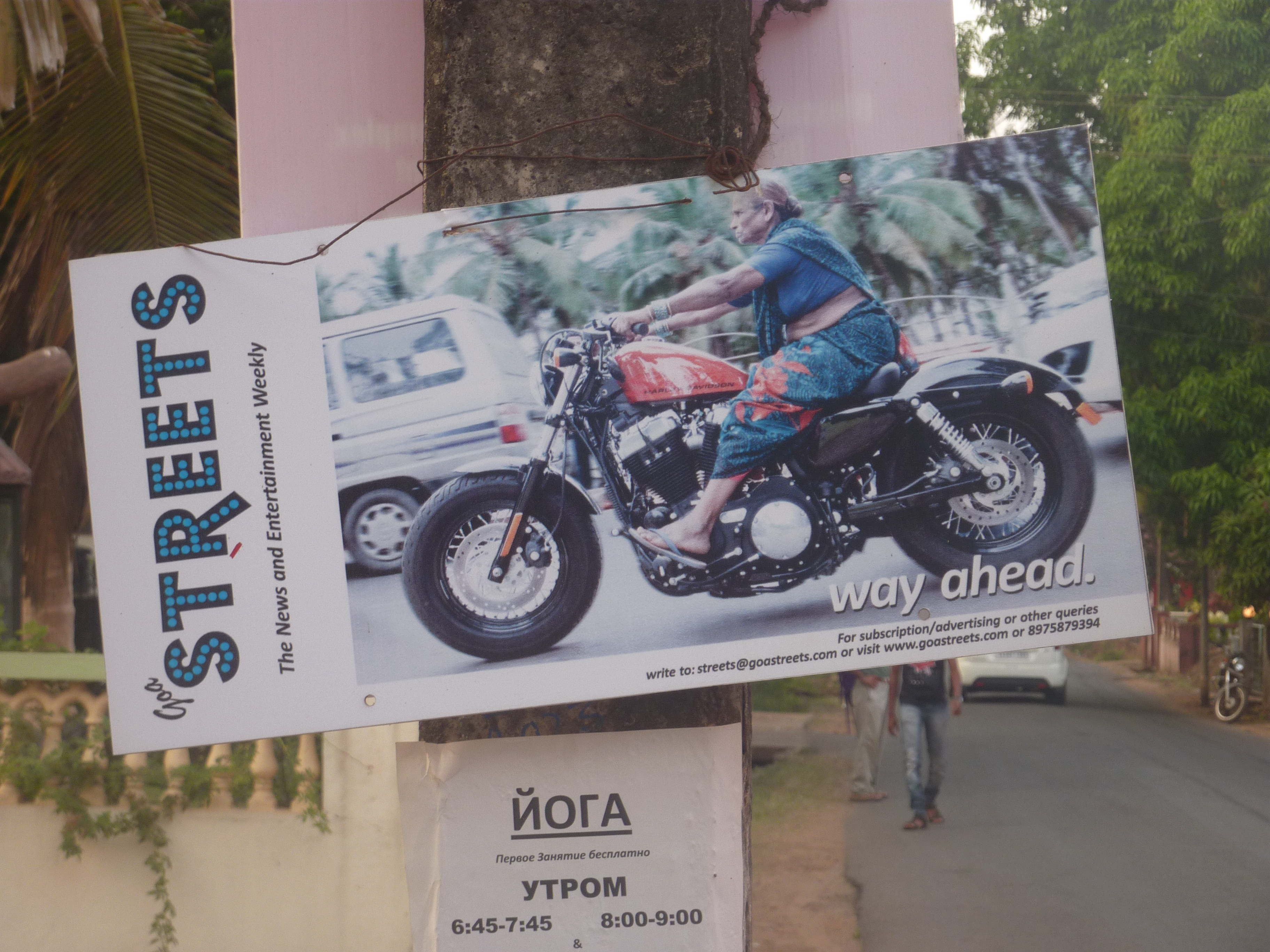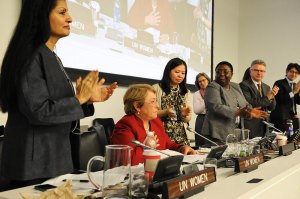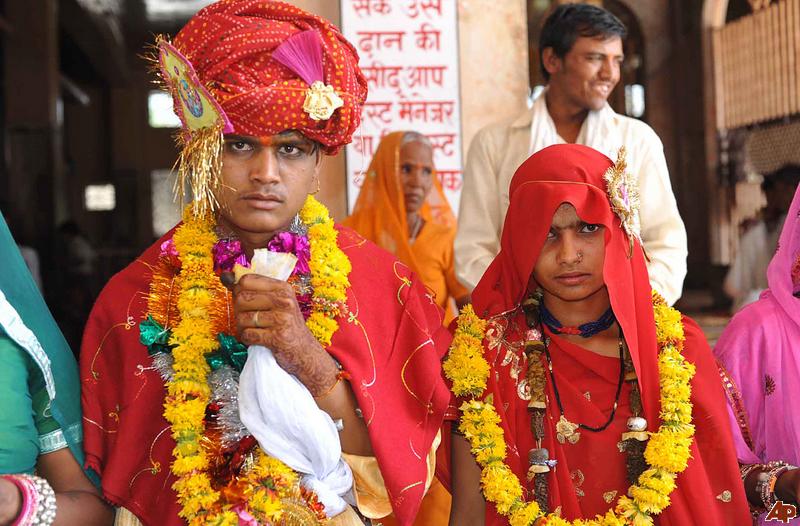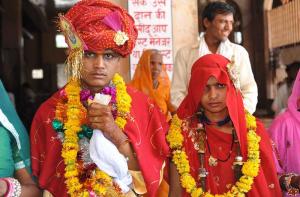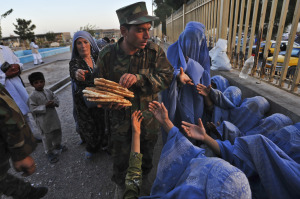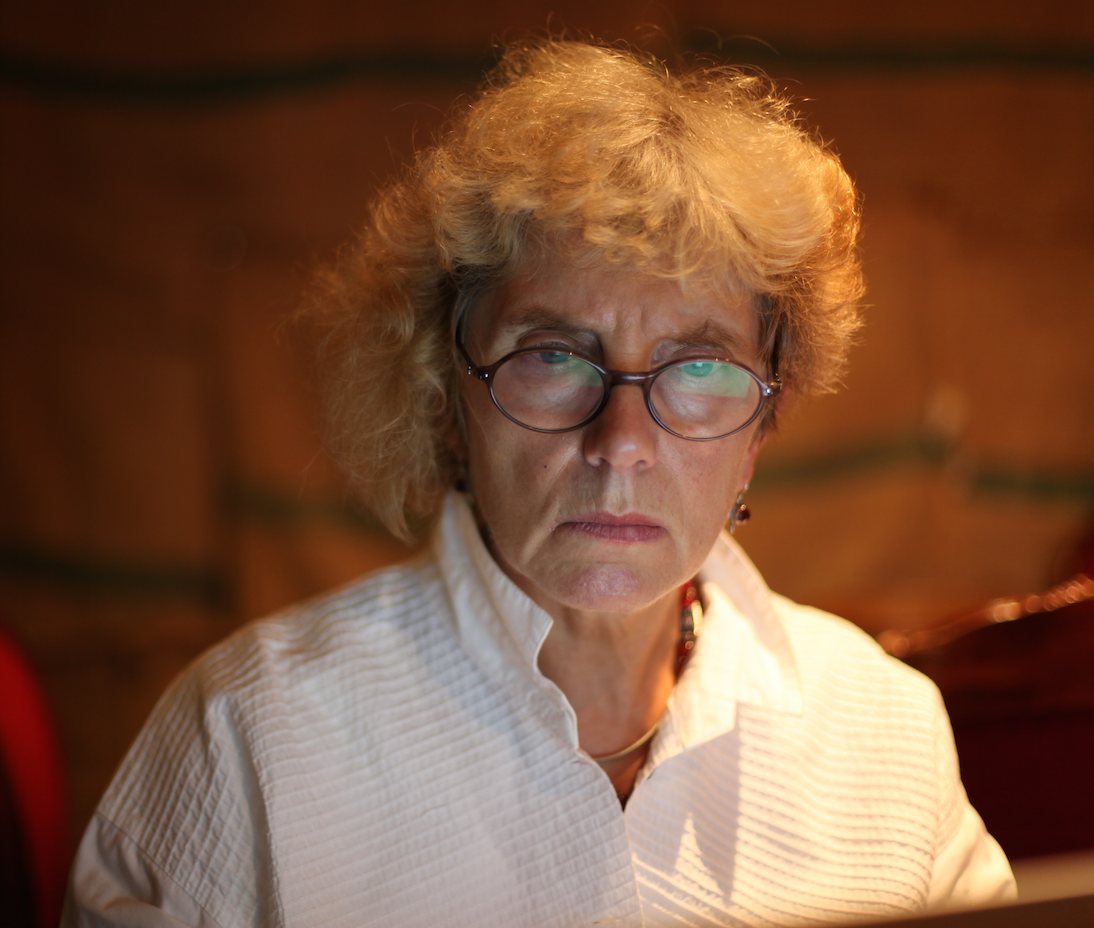I’m staying in the small resort of Patnem in South Goa. As I return to the hotel one evening, I notice that someone is chucking very large mangoes down from the uppermost branches of a tree into a bedspread that two women are holding by the corners. Their stance isn’t particularly secure, as the pair of them are standing on a mound of gravel into which their feet sink and slide. The aim of the ‘chucker’ isn’t always accurate either, and some of the mangoes go astray, bouncing across the ground. Each one is about the size of a rugby ball, large enough to fell you if they clock you on the head.
I stop to watch. The ‘chucker’ is concealed by the leaves of the tree. ‘Who’s up there?’ I ask. ‘One girl’, says a semi-naked man sitting in a plastic chair, also observing proceedings. ‘One small girl,’ calls one of the women holding the bed cover. ‘Women can do anything. Women can do anything men can do.’ We both eye the man in the chair, whose main responsibility seems to be to nurse his beer belly. ‘And they could do with a lot more respect and power,’ she adds, pointedly
‘What about money?’ I ask. ‘That as well, she says. Women do everything and they can do everything.’ At that moment the chucker sends down a particularly hefty missile. It hurtles into the bedspread with such force that the sheet is wrested from the women’s hands, and they drop their entire cargo. We all laugh.


